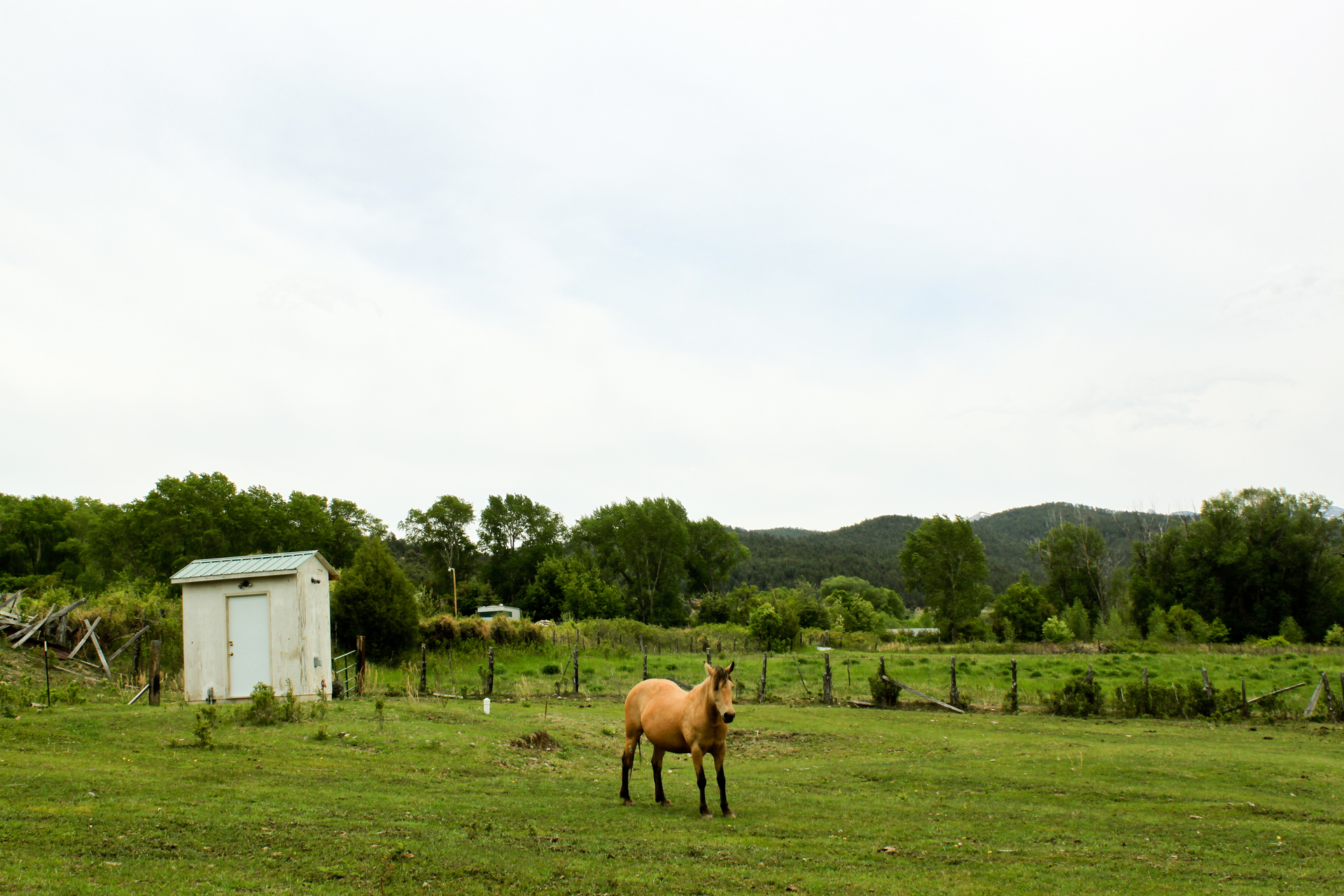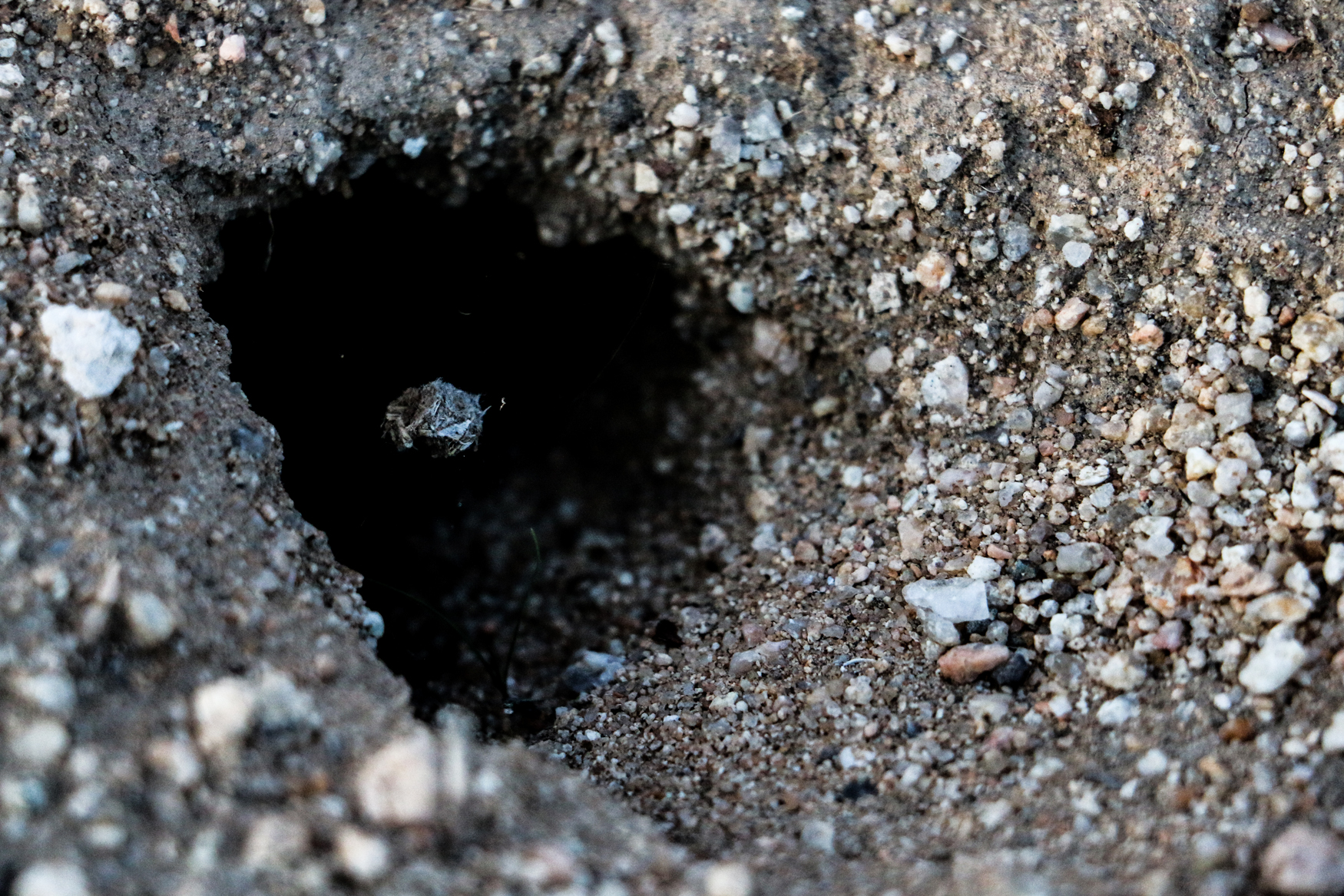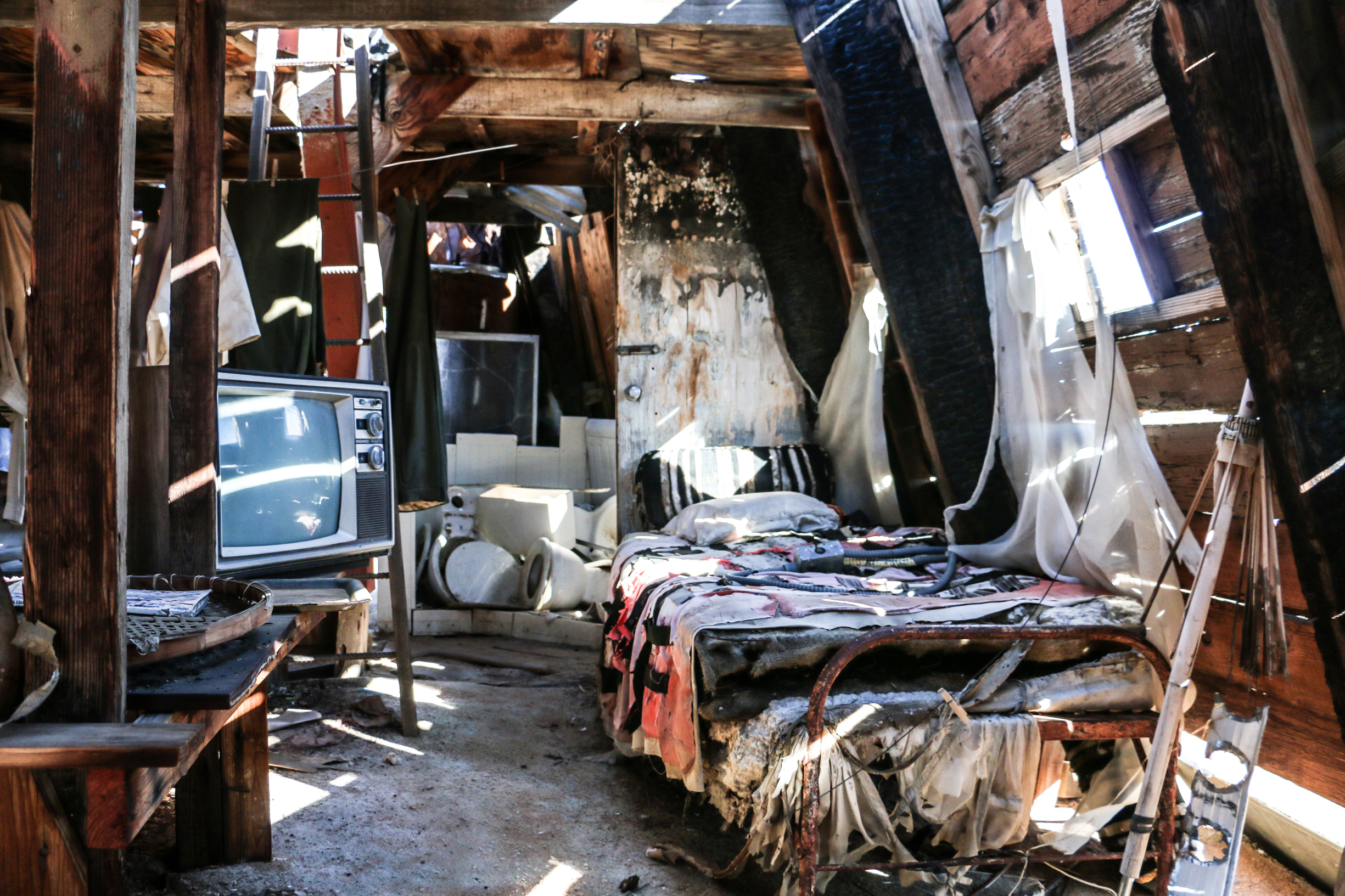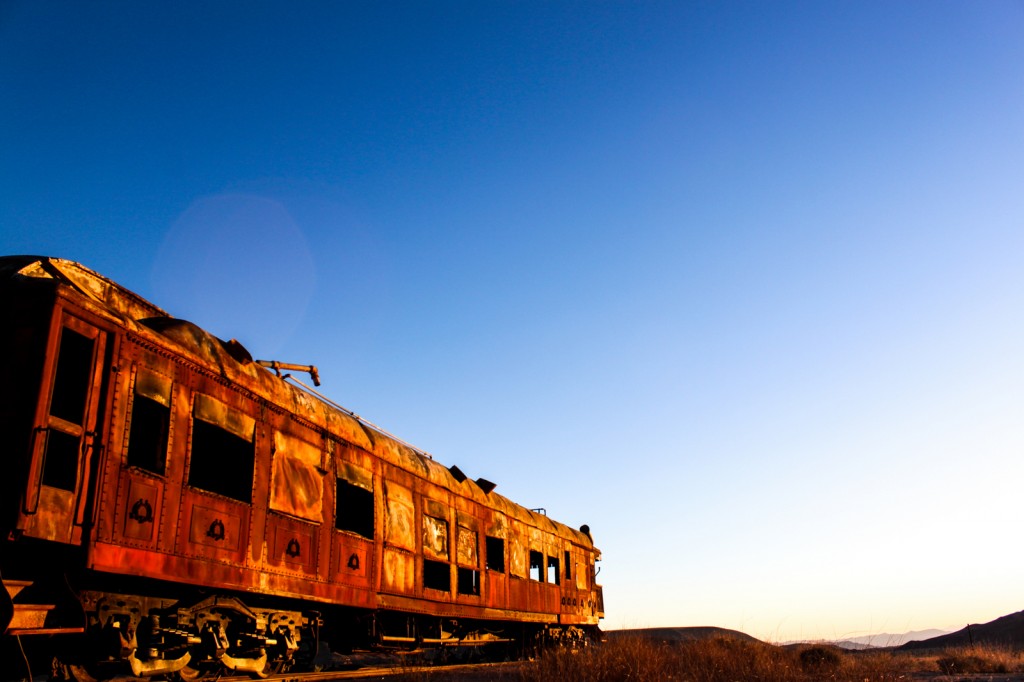Exploring issues of sustainability in the arts.
~by Scott Pinkmountain
On Ambiguity
Below is a written conversation between the composer/songwriter Michael Zapruder and myself. (MZ in italics)

A week or so ago we were talking about ambiguity in songwriting (or the lack thereof in the case of a particular song of mine). It’s something we’ve spoken about at length in the past, and a creative principal I’m strongly committed to. And yet, for some reason, which maybe I’m still struggling to articulate, I intentionally avoided a high degree of ambiguity on some songs I recently wrote. I understand and cherish the value of ambiguity – its expanded potential for meaning and interpretation, its grounding in realism and the lived experience, access to a greater depth and resonance – but I wonder if it’s a necessary ingredient in all art. Can there be some creative circumstance that call for limited ambiguity or none at all? If so, what might those be? If not, is ambiguity the defining element that separates art from entertainment (or something else, some non-art expression)?
I think writing or music or any art is too contextual to single out one element, even something as important as ambiguity, as a defining element. I see ambiguity as having a special status, but your question makes me think of David Foster Wallace’s Infinite Jest, large parts of which consist of the annihilation of ambiguity, really. So there’s an unforgettable and wonderful book which emphasizes extreme accuracy and thoroughness, not ambiguity. That’s also an answer to your question above, about whether there can be some creative circumstance in which ambiguity is a bad thing.
As to your question about ambiguity in art vs. entertainment, I find it really hard to make any definite connection there. What does a pop lyric like Lorde’s “We live in cities you’ll never see on screen / not very pretty but we sure know how to run free” really give you, specifically? Not much. It might even be “bad” writing, since it’s so general (You can’t really judge a lyric without its melody in my opinion). Still, the vagueness really stimulates my imagination. “Cities you’ll never see on screen” reminds me of pretty much everywhere I’ve ever been. In my mind, that’s the power of ambiguous writing right there. Continue reading →
![[PANK]](https://pankmagazine.com/wp-content/themes/pank/assets/images/pank-logo-large.png)




